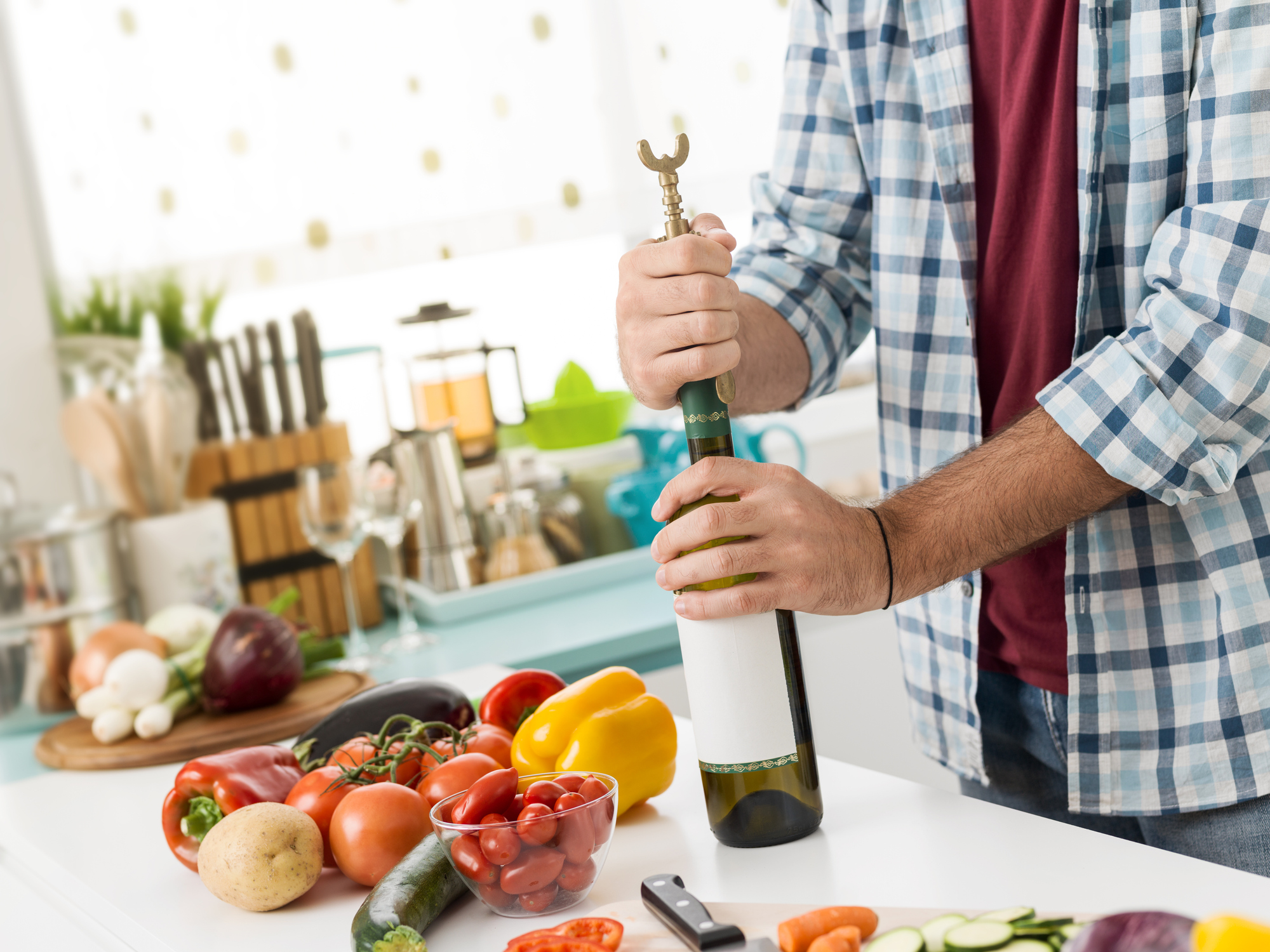Get Easy Health Digest™ in your inbox and don’t miss a thing when you subscribe today. Plus, get the free bonus report, Mother Nature’s Tips, Tricks and Remedies for Cholesterol, Blood Pressure & Blood Sugar as my way of saying welcome to the community!
Diabetics face serious blood pressure risk if breaking the ‘one drink’ rule

If you’re living with diabetes, you already know how important it is to embrace a healthy lifestyle. After all, for someone with blood sugar problems, it’s hard to get out of a single doctor’s appointment without a reminder that following a healthy diet, losing weight and exercising cannot only help you manage your blood glucose but also prevent complications down the road.
Now, though, according to a new study, there’s one more lifestyle change you might need to add to your to-do list to make sure you don’t add high blood pressure to your list of diagnoses…
Watch how much alcohol you drink.
In fact, according to the scientists from the Wake Forest University School of Medicine who conducted the study, if you have diabetes, there should be a hard and fast limit to your alcohol consumption.
When you’re already at risk
The reason for the study was pretty simple…
Since the American Heart Association, excessive drinking can increase the risk of high blood pressure, and people with Type 2 diabetes are already at increased risk for high blood pressure, the researchers wanted to finally determine what level of alcohol is safe for diabetics — and how much is just too much.
So, the scientists gathered data on the relationship between alcohol consumption and blood pressure in more than 10,000 adults with Type 2 diabetes over a period of five years.
That allowed them to split everyone up into groups based on their drinking habits:
- Group 1 was the light drinkers at 1-7 drinks per week
- Group 2 was the moderate consumers at 8-14 drinks per week
- Group 3 was heavy drinkers, ringing in at 15 or more drinks per week
To put it into perspective, the team classified one alcoholic beverage as either a 12-ounce beer, a 5-ounce glass of wine or 1.5 ounces of hard liquor.
Then they compared each person’s drinking category to their blood pressure, and here’s what they found…
- Light drinking was not associated with elevated blood pressure or either stage of high blood pressure.
- Moderate drinking (anything over eight drinks a week or one drink per day) was associated with a 79 percent increased risk of elevated blood pressure, boosting the odds of Stage 1 high blood pressure by 66 percent and Stage 2 high blood pressure by 62 percent.
- Heavy drinking led to a whopping 91 percent increase in the risk of elevated blood pressure, raising the chances that a person suffered from Stage 1 high blood pressure by 149 percent and Stage 2 high blood pressure by 204 percent!
It came down to the fact that the more alcohol you drink, the higher your risk of developing high blood pressure.
Keeping it to one or fewer
This means that if you have diabetes, the only safe level of alcohol for your blood pressure is to stay at or below one drink per day. It’s a simple step, but it’s one your heart will thank you for taking.
Editor’s note: There are perfectly safe and natural ways to decrease your risk of blood clots including the 25-cent vitamin, the nutrient that acts as a natural blood thinner and the powerful herb that helps clear plaque. To discover these and other secrets of long-lived hearts, click here for Hushed Up Natural Heart Cures and Common Misconceptions of Popular Heart Treatments!
Sources:
Lifestyle Changes After a Diagnosis of Type 2 Diabetes — NCBI
Diabetes and High Blood Pressure — WebMD
More than one drink a day may raise high blood pressure risk in adults with Type 2 diabetes — EurekAlert!














